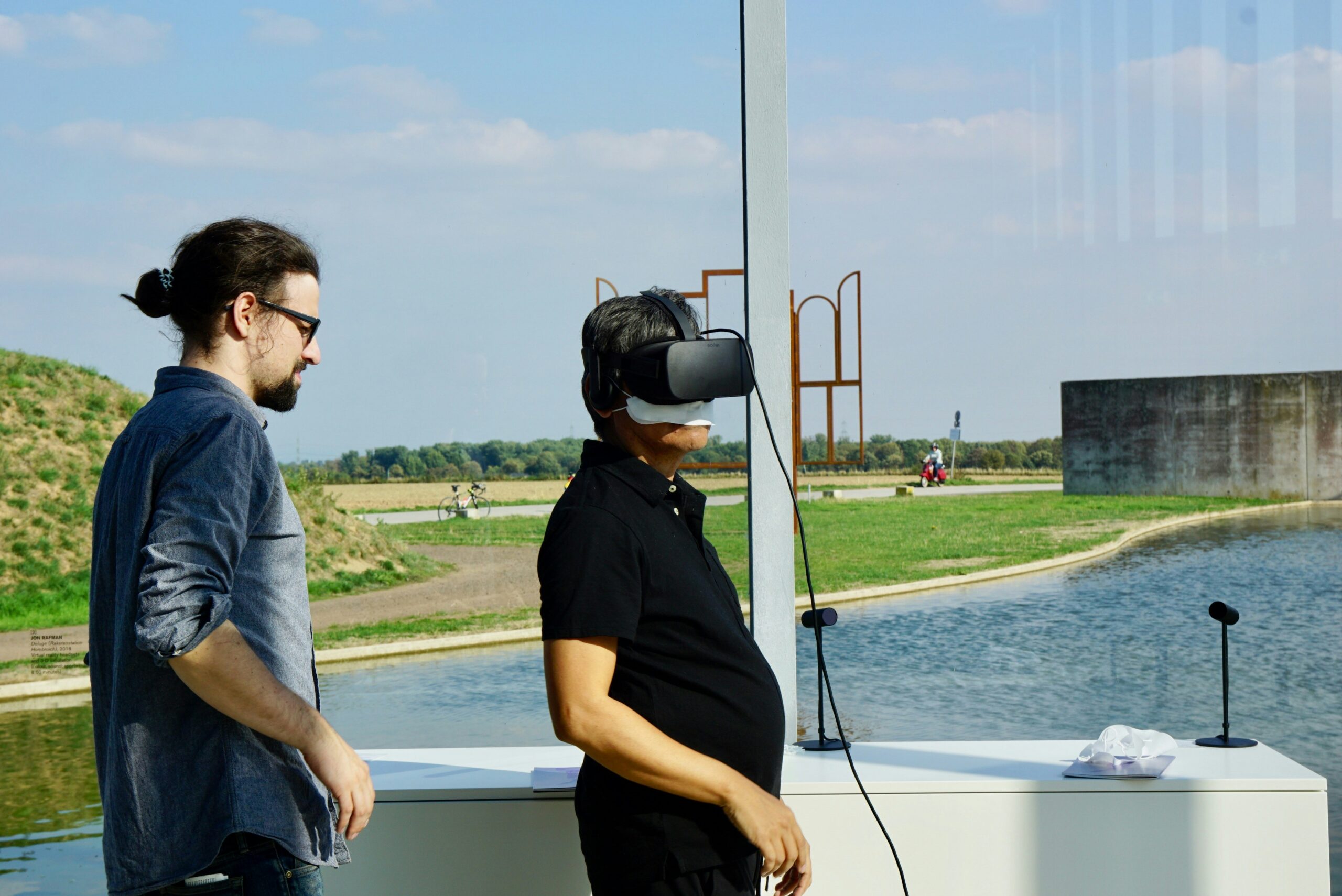Facial recognition technology (FRT) has grown significantly in our daily lives, spanning ease to security. However, serious ethical concerns exist about bias, consent, and seclusion. Here is a review of the benefits and drawbacks to think about:

Pros of Facial Recognition Technology
Enhanced Security and Crime Prevention
The FRT can assist police in identifying criminals and preventing crimes, particularly in congested or high-security settings. It is used in many public spaces and allows people of interest to be authorized instantly, which could improve public safety.
Increased Efficiency and Convenience
Facial recognition makes it easier to verify payments, unlock phones, and check in at airports. In a variety of sectors, including retail and travel, time can be saved and the requirement for physical identification removed.
Aid in Missing Persons Cases
FRT can be useful in the search for missing individuals, including students and those with memory problems, by quickly analyzing faces outside of groups. One major benefit is that leads can be reunited with their households in otherwise challenging situations.
Supporting Public Health Initiatives
FRT has demonstrated its adaptability to changing public health needs over the past decade by being used to track public adherence to mask laws and socially distant laws.
Cons of Face Recognition Technology
Privacy Violations and Consent
Face recognition compromises privacy by capturing and frequently storing private data around people with their express agreement. The absence of clear laws governing the gathering and application of this kind of data heightens concerns about illegal surveillance.
Bias and Inaccuracies
When applied to people who cannot be white men, FRT sometimes works less properly due to racial and sexual stereotypes. Inaccurate identifications and wrongful detentions may disproportionately impact communities of color and other vulnerable groups.
Mass Surveillance Potential
Because FRT covertly tracks people’s location and loyalty, it can facilitate mass surveillance. Individuals may experience a sense of perpetual surveillance, which could restrict their freedom of expression and, in turn, their mobility, potentially resulting in civil rights issues.
Data Security Risks
Hackers find vast amounts of facial recognition data to be attractive targets. Breach of this information could put people’s security and privacy at risk, leading to identity theft and other malicious uses.
Conclusion:
Despite the obvious safety and practical benefits of facial recognition technology, privacy, prejudice, and neglect are the main moral issues. To guarantee that its implementation respects individual rights and promotes public confidence, it’s essential to strike an equilibrium between the advantages and strong safeguards.

